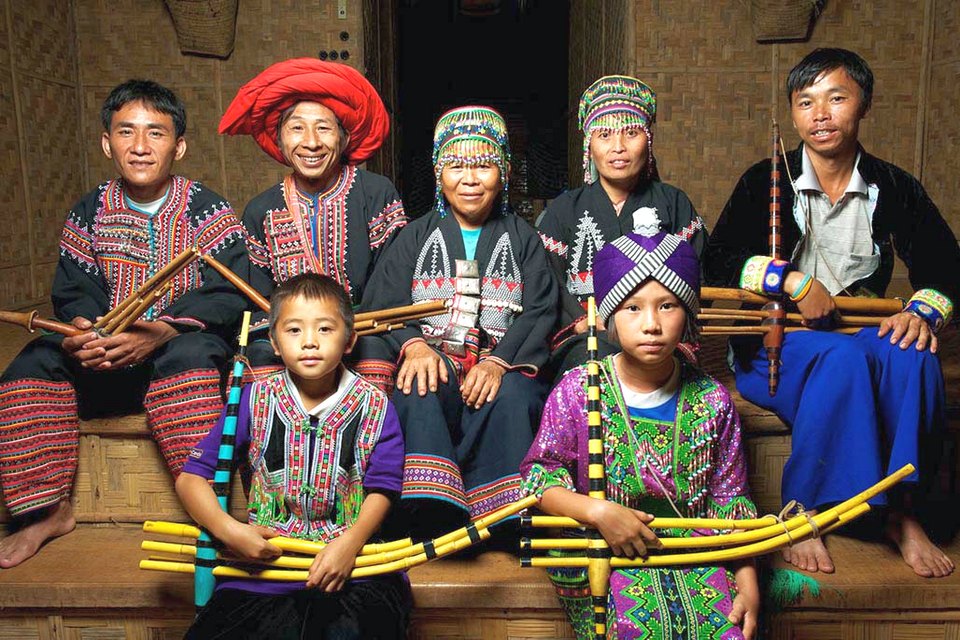
Scott Michael Smith, PhD-TRM, from the Department of Hospitality and Tourism Management, MSME Business School, Assumption University, Thailand, has been invited to Penn State University-Berks campus for an interactive lecture for undergraduates studying in Assistant Professor Dr. Pauline A. Milwood’s Strategic Hospitality Management class.
The presentation on October 11, 2022 will include information from Dr. Smith’s research paper “Asian Oasis—Mythical Journeys in the Hill Tribe Villages of Northern Thailand,” published by the International Council on Hotel, Restaurant, and Institutional Education’s (ICHRIE) Journal of Hospitality & Tourism Cases (JHTC). ICHRIE is a global and multi-cultural community of hospitality and tourism professionals dedicated to pursuing, discovering, advancing, and sharing knowledge and experiences relevant to the hospitality and tourism industry and its future leaders. ICHRIE’s mission pairs nicely with the mission of JHTC; to distribute quality case studies to academics and professionals interested in using the case study method as a teaching, research and management tool.
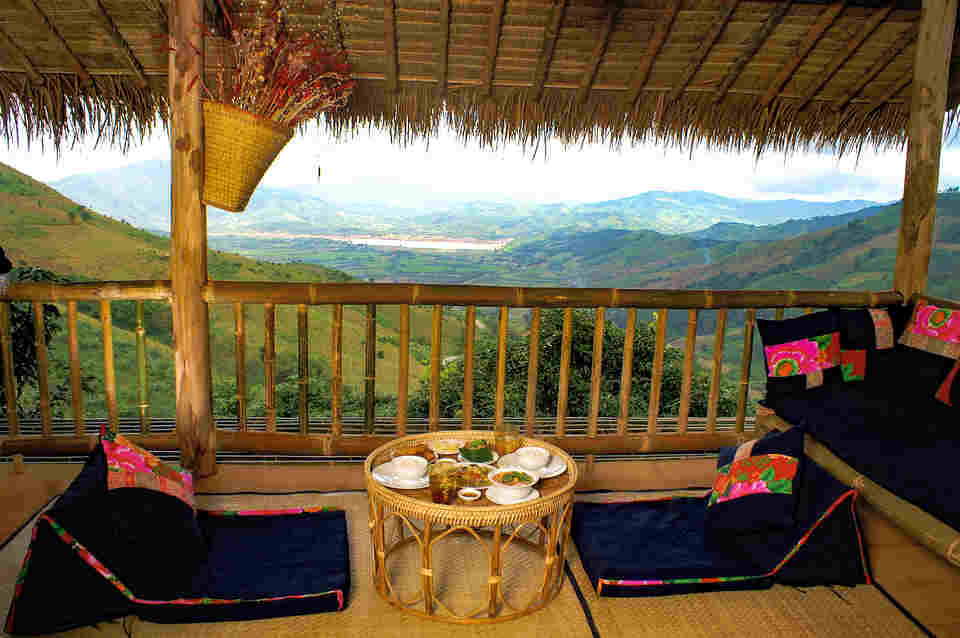
Asian Oasis Ltd. is a collection of unique, personalized travel experiences that takes travelers through the Kingdom of Thailand from the northernmost province of Chiang Rai to the southern island of Phuket. Created by passionate travelers, Asian Oasis has always committed to working closely with local communities to develop sustainable, community-based tourism while preserving the natural surroundings.
Asian Oasis built its first eco-friendly lodge, Lisu Lodge, in 1995 in a remote hill tribe village resided by the Lisu hill tribe. The aim was for Lisu Lodge to become a place where visitors could learn about local culture directly from their hosts, the Lisu villagers. Asian Oasis also wanted the village to benefit from tourism, so part of the income earned at the lodge goes towards the village fund to support educational, cultural and economic projects to improve the quality of life of hundreds of villagers.
This same development model was adopted a few years later when they built Lanjia Lodge in a Hmong and Lahu hill tribe village in Chiang Rai. The two lodges are now trailblazers in community-based tourism in Thailand, having won numerous accolades and national and international awards.
Asian Oasis believes that for a destination to be truly brought to life, a traveler should experience the local culture the way it really is, rather than a reproduction of what it once was. Their goal is to offer guests memorable experiences of rural Thai life that are fascinating and real, as well as ecologically, environmentally and socio-culturally sensitive.
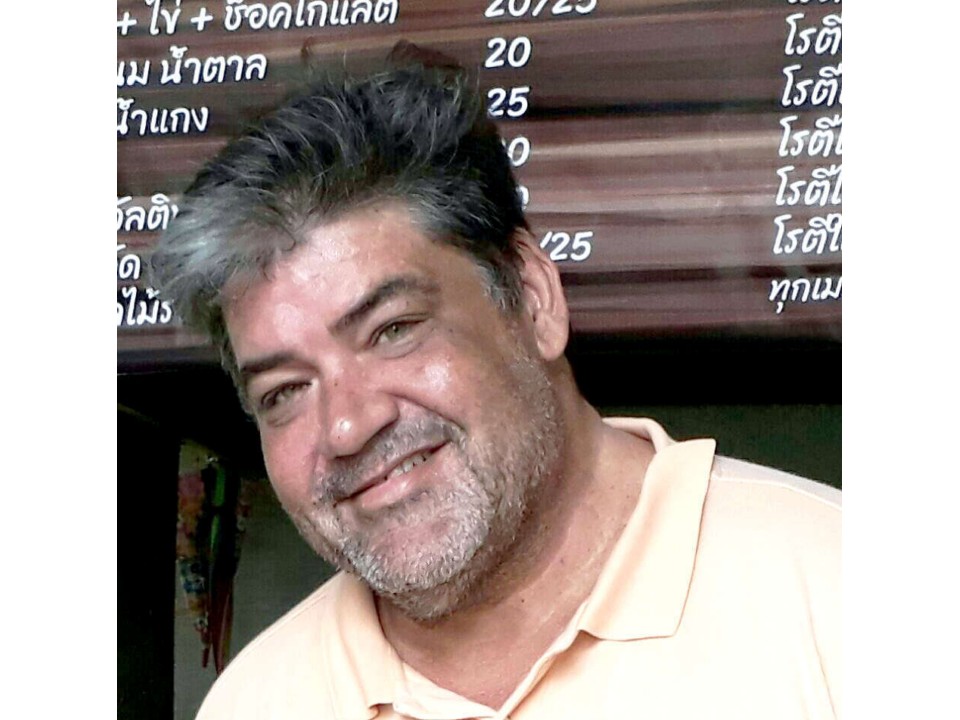
In addition, to mythical journeys, the topic of happiness and community well-being will be discussed with Dr. Milwood’s students. Dr. Smith is a co-author of Planet Happiness: A Proposition to Address Overtourism and Guide Responsible Tourism, Happiness, Well-being and Sustainability in World Heritage Sites and Beyond, a member of the Happiness Alliance, and a contributor to the Planet Happiness project.
Planet Happiness, using the Happiness Index, measures levels of happiness and well-being to discover solutions that promote happiness and quality of life, preserve the heritage of local communities, and protect the environment. Planet Happiness is a global grass-roots project of the Happiness Alliance, a leading nonprofit organization in the happiness and well-being movement.
The Happiness Index, available in 20 languages, is a comprehensive survey instrument that assesses happiness, well-being, and aspects of sustainability and resilience. The Happiness Index measures life satisfaction, the feeling of happiness, and other happiness domains: psychological well-being, health, time balance, community, social support, education, arts and culture, environment, governance, material well-being, and work.
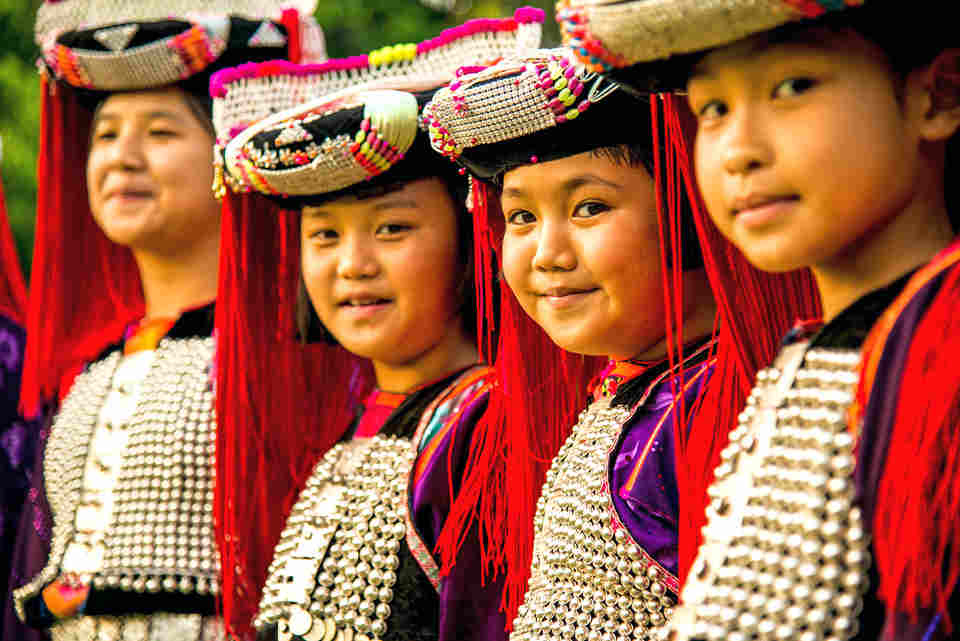
Happiness is closely related to the United Nations Sustainable Development Goals (SDGs). The SDG’s mission is to improve the world, create a better world for all people, and promote stability, well-being and happiness, leaving no one behind. The Happiness Index is one piece of the puzzle that completes a picture conveying the importance of happiness and the happiness movement as a new environmental, social, and economic paradigm to enhance the quality of life and sustainability for all beings.
“It is essential to start measuring happiness on macro (communities) and micro (personal) levels.” says Dr. Smith, “At the university level, the measurement of happiness can be an additional indicator of student satisfaction and mental well-being. Summarized data and recommendations can be shared with policymakers and used to begin public conversations regarding the student community’s happiness and mental well-being.
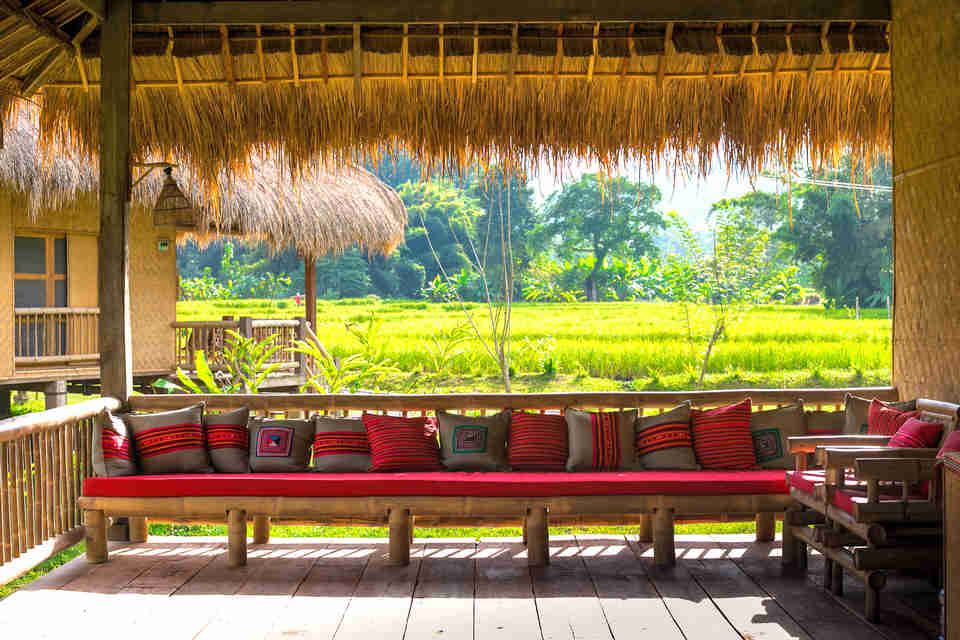
The in-depth happiness survey also enables students to consider their happiness at a micro level compared to their peers. In these trying times, the happiness survey is an excellent tool to start the discussion with students about the importance of assessing and taking steps to improve their mental health. The strategy is for students worldwide to take the survey in the hopes that it will spark a discussion about happiness and well-being while they consider their mental health.”
 |
 |
 |





